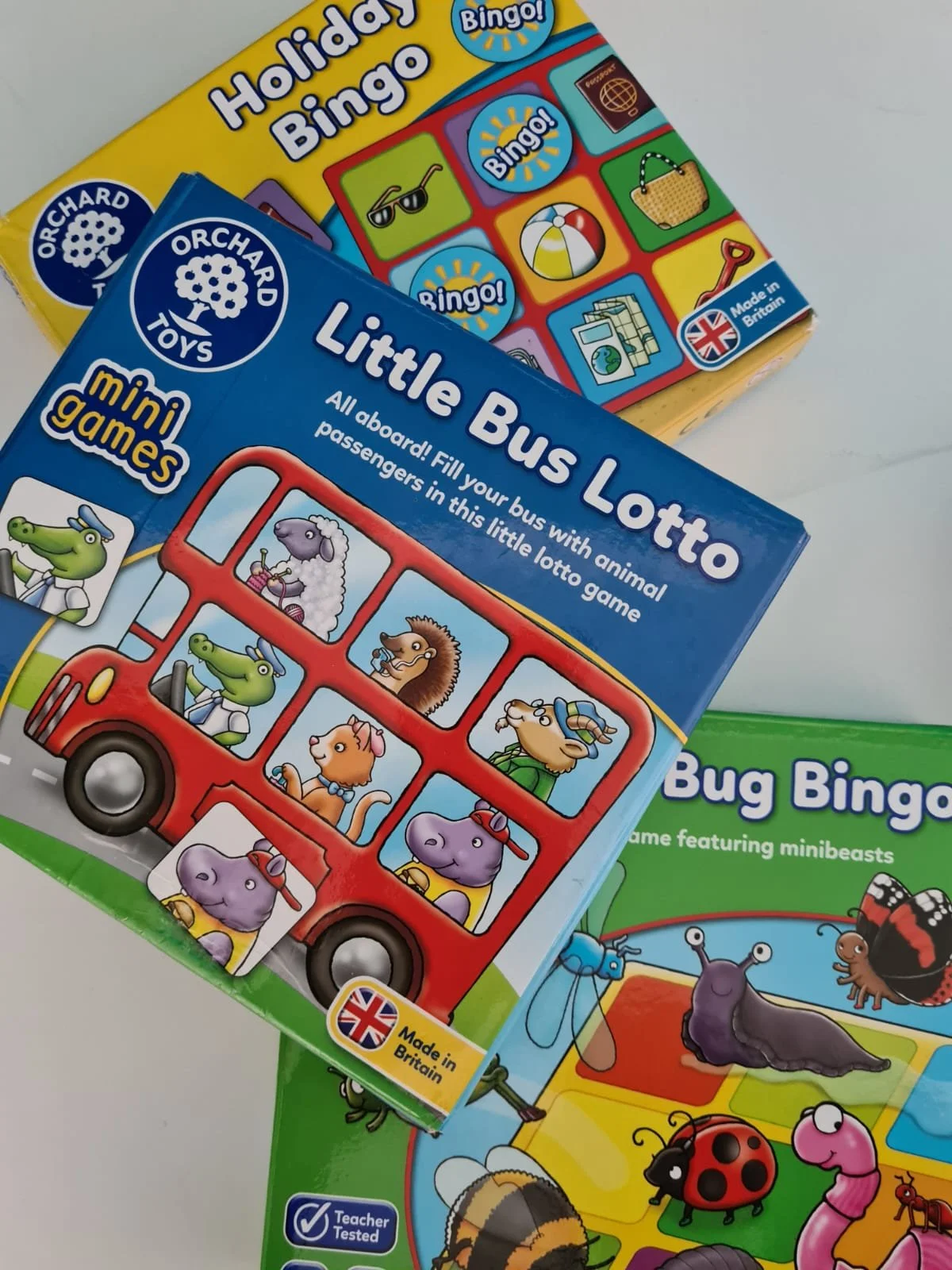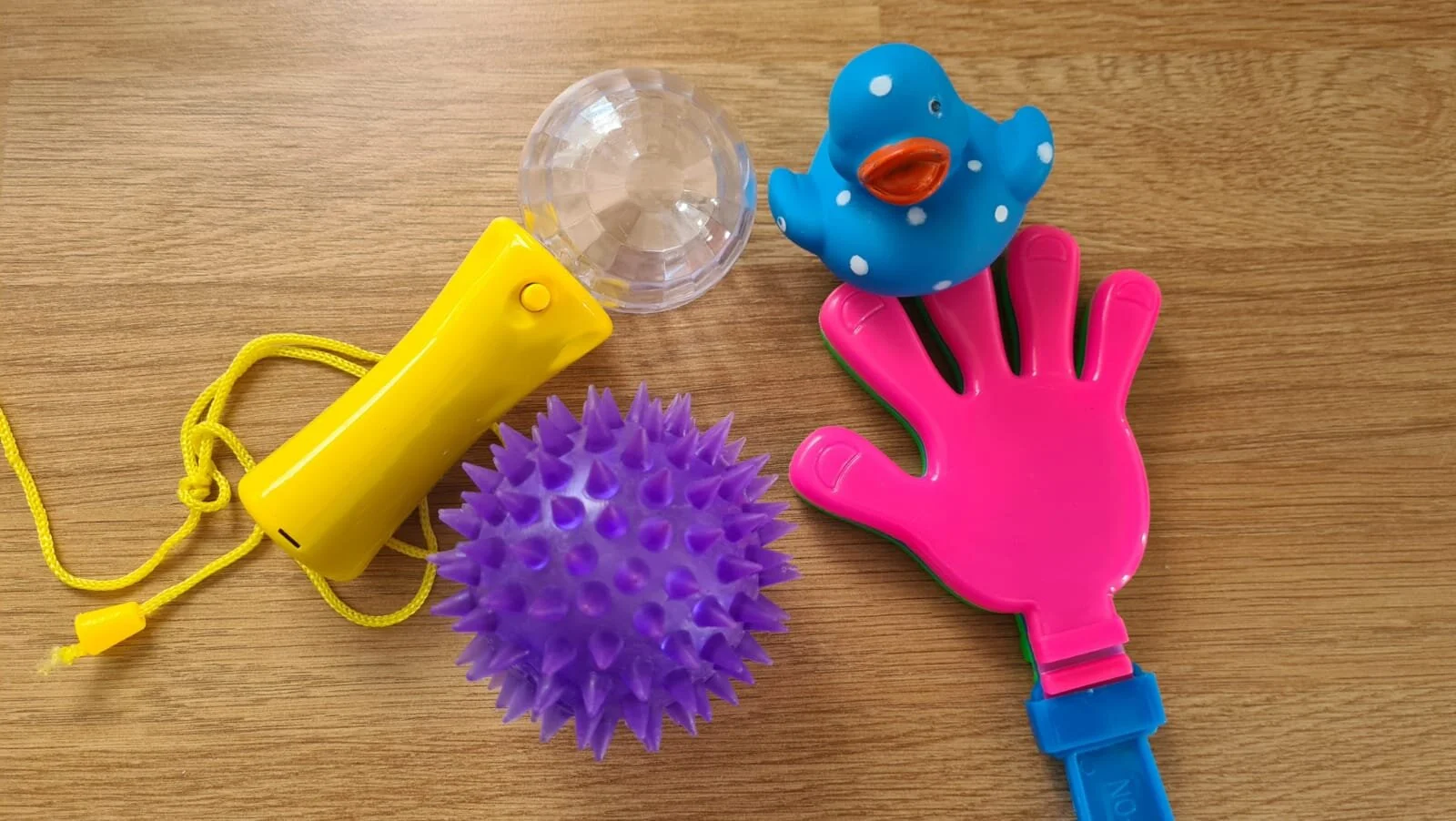The latest episode of Raising Confident Kids with SEN, was an emotional roller-coaster filled with wisdom, real-life experiences, and heartfelt discussions. Here are the key takeaways from my enriching conversation with special guests Lauren Fenton and Rina Teslica, hosts of the podcast F**king Normal and both mums of daughters with disabilities.
Read MoreIn the latest episode of Raising Confident Kids with SEN, I was delighted to be joined by Jo Long, a dedicated life coach and founder of Learning to Love Autism, and talk to her about a crucial topic for all parents: setting boundaries and the power of saying no. Jo and I emphasise the importance of prioritising our time with our children and how important it is to not feel guilty about turning down commitments that detract from that precious time.
Read MoreIn this episode of Raising Confident Kids with SEN, I was joined by Suzanne Meill-Ingram MBE, an inspiring mother who uses the power of sign language to support her daughter’s communication. Suzanne has a wealth of experience and shared heartfelt anecdotes with me that shone a light on the transformative power of signing for children with special educational needs.
Read MoreIn this episode of "Raising Confident Kids with SEN." I was thrilled to have Dr. Amy Moore, a cognitive psychologist and TEDx speaker, share her insights on supporting and nurturing children with ADHD. As a professional, ADHD mum and a parent of a child with ADHD, Dr. Amy provides a wealth of knowledge and practical strategies focusing on the five pillars essential for understanding and assisting kids with this condition.
Read MoreEvery parent of a child with SEN knows the scene: you pick them up from school and are met with an avalanche of emotions and behaviours you don't always understand. In this episode of Raising Confident Kids with SEN, I tackle the post-pick-up slump, offering strategies to support your child through this daily transition.
Read MoreAmanda, a seasoned neonatal and paediatric occupational therapist, discusses the power of co-regulation and its profound impact on our children's emotional balance in this week’s episode of Raising Confident Kids with SEN.
Read MoreChristmas - the season of joy, festivities, and, let's be honest, a touch of chaos. As parents, we've all been there, juggling the demands of the season while trying to keep our cool. Why is it that the most wonderful time of the year often comes with a side of emotional turbulence, especially for our little ones?
Read MoreAs things start to edge back to normality, parents are understandably anxious about how the pandemic has affected their young children’s development in many areas. One of the most concerning for parents is the impact on the development of their social communication skills.
Read MoreWe are big fans of Orchard Games in our house. We have quite a few and both oF my girls have really enjoyed playing the games.
If you haven’t tried them out yourself, the Orchard Games range has a variety of simple, structured games for playing with young children. Everything from lotto to shopping!
Read MoreAttention and listening skills are the bedrock of language development and allow us to learn other skills. Learning to focus is a really important part of early development that helps us to listen to others and engage in shared activities. But how can we help our children to develop their attention skills?
Read MoreI have read several articles about how modern children are ‘over scheduled’ with a plethora of structured activities and clubs and that modern children need more time for unstructured and outdoor play. Kids can become overtired when they are engaging in too many sports and clubs and need the less structured playtime to develop their imagination, communication and negotiating skills.
This all sounds reasonable but how do you know how many activities to choose, when is it too much?
Read MoreSeparation anxiety is a natural part of childhood development. Often, separation anxeity first kicks in when a baby is about six months old and can be a relatively regular occurrence throughout their toddler years. However, at times of significant change such as starting school, moving home, a new baby in the family or having a new nanny can bring the anxiety back to the surface.
Read MoreFingerplays (action songs) are a tool widely used at home and in early years settings. These songs are a wonderful way to support early development in a number of areas.
Read MoreLearning to listen is an important foundation for later development. This is particularly true for speech and language development. Being able to hear the difference between different sounds is an important first step. Then tuning into the language used by others to understand it, learn from it and copy it. As with so many skills, starting early and building in lots of practice makes all the difference. Try these tips to get your baby engaged in early listening.
Read MoreAttention and listening skills are the foundation skills on which communication and learning can be build. So, it’s a bit of a no-brainer that supporting the development of these skills needs to be top priority. If we focus on these first, then the support we give to other areas is likely to be more successful. There are lots of skills and approaches that can be used in helping young children to learn how to attend and listen to others. Attention buckets are one of my favourites. They are fun and super engaging, plus, they work! What more could we want, right?
Read MoreHelping children to practise their listening skills doesn’t need to be a major chore. In a blog ‘Getting Little Ones to Listen’ I share my top tips for supporting early listening. One of those tips is that practise makes perfect. Like any skill, the more we have opportunities to focus on and develop a skill the more likely we are to master and maintain it. Regular fun games are a great way to improve listening.Am I the only one who feels a little like we are living in an alternate universe? Life feels a little like my normal life, same family, same home and yet somehow everything is entirely different. To be honest I have taken a little time to adjust and settle into a new routine. I needed about 10 days to find a groove that worked for both my family and I. As a result, this blog was written a full 2 weeks after I had planned to write it.
Read MoreCommunication is a two-way exchange, back and forth. When chatting with adults we are better at giving each other a little space to speak (unless in the full flow of an argument or exciting tale). With young children we have a tendency to fill all of the communication time, when really we are aiming for 50/ 50. The grown up speaks or leads for half of the time and the child can respond or take the lead for the other half.
Read MoreEarly language development is supported by a child’s experiences. The first words they use tend to be related to objects and people they see most often. By choosing toys which reinforce this vocabulary, we give children a better chance of learning these words
Read More



















